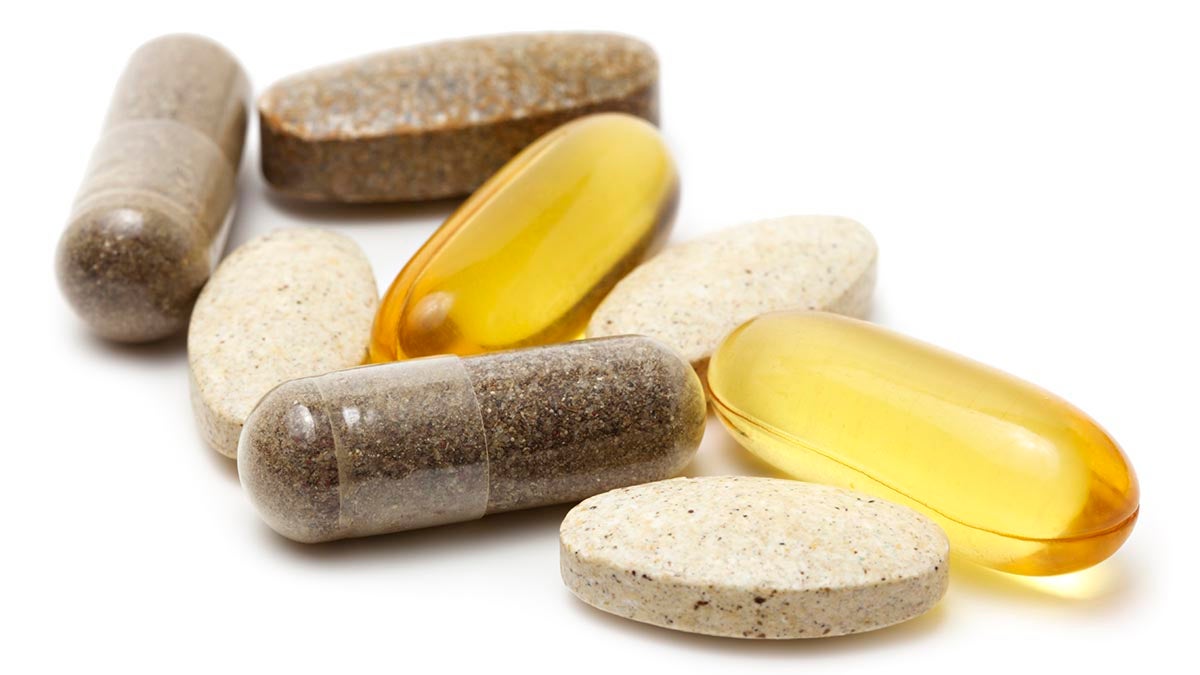High-intensity performance, whether in sports, fitness, or demanding physical activities, relies heavily on proper nutritional support. The body’s ability to sustain energy, recover quickly, and maintain peak performance levels depends on a well-balanced intake of nutrients that fuel muscles and replenish depleted reserves. Without adequate nutrition, even the most dedicated athletes and fitness enthusiasts will struggle to achieve their goals and may experience fatigue, decreased endurance, and slower recovery times. Understanding how nutrition impacts high-intensity performance is crucial for optimizing physical output and maintaining long-term health. At the core of high-intensity performance is energy production. During intense exercise, the body primarily relies on carbohydrates as the fastest and most efficient source of energy. Carbohydrates are broken down into glucose, which muscles use to generate adenosine triphosphate ATP, the energy currency of the cell. For athletes engaging in repeated bouts of high-intensity work, having ample glycogen stores the stored form of glucose in muscles and liver is vital.

Consuming adequate amounts of complex carbohydrates such as whole grains, fruits, and vegetables ensures that glycogen stores are replenished before and after training sessions, allowing the athlete to maintain stamina and delay the onset of fatigue. In addition to carbohydrates, protein plays an essential role in supporting high-intensity performance. Intense physical activity causes microscopic damage to muscle fibers, and protein provides the necessary amino acids to repair and rebuild these tissues stronger than before. Consuming sufficient protein throughout the day, particularly in the hours following a workout, promotes muscle recovery and growth. Sources such as lean meats, dairy, legumes, and plant-based proteins contribute to muscle protein synthesis and help reduce soreness, enabling athletes to train consistently without prolonged downtime. Fat, often misunderstood, also has a place in the nutritional regimen of those performing at high intensities. While carbohydrates are the preferred fuel during bursts of activity, fats serve as a critical energy source during lower intensity or longer-duration efforts and support overall health by providing essential fatty acids. Healthy fats from sources like nuts, seeds, avocados, and oily fish help regulate inflammation, which can increase following intense exercise, thereby aiding in faster recovery injury prevention and why not find out more widgetbox.com.
Hydration is another fundamental aspect of nutritional support for high-intensity performance. Water regulates body temperature, transports nutrients, and facilitates muscle contractions. Dehydration, even in small amounts, can impair cognitive function, decrease endurance, and increase the risk of cramps and injuries. Therefore, athletes must prioritize fluid intake before, during, and after workouts, sometimes supplementing with electrolytes to replace minerals lost through sweat. Micronutrients, though required in smaller quantities, are no less important. Vitamins and minerals such as iron, calcium, magnesium, and B vitamins are integral to energy metabolism, oxygen transport, and muscle function. Deficiencies in these micronutrients can compromise performance and delay recovery. In summary, high-intensity performance begins with proper nutritional support that balances carbohydrates, proteins, fats, hydration, and micronutrients. Tailoring nutrition to individual needs and training demands allows athletes to optimize energy production, muscle repair, and overall health. By prioritizing nutrition as part of their training regimen, individuals can unlock their full potential, sustain high levels of performance, and reduce the risk of injury and burnout. Ultimately, nutrition is not just fuel it is the foundation of athletic success.
